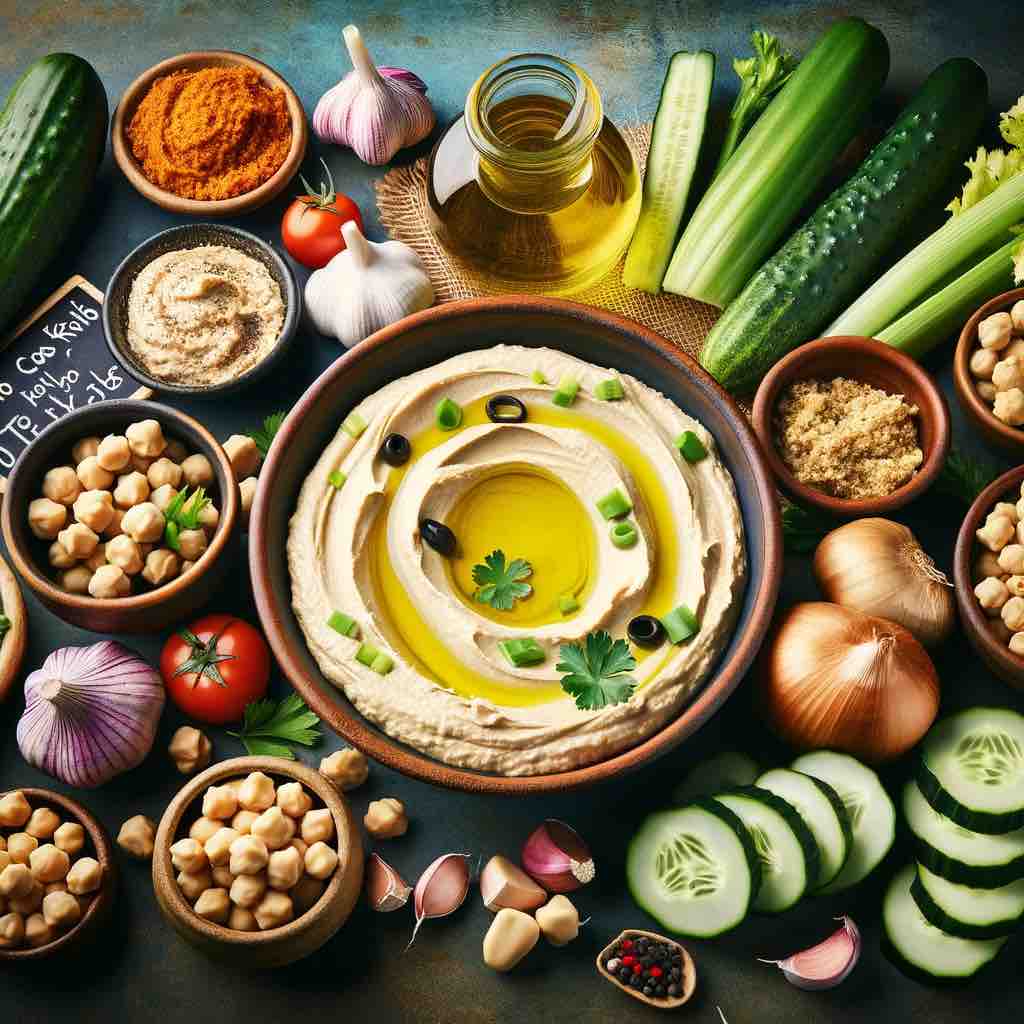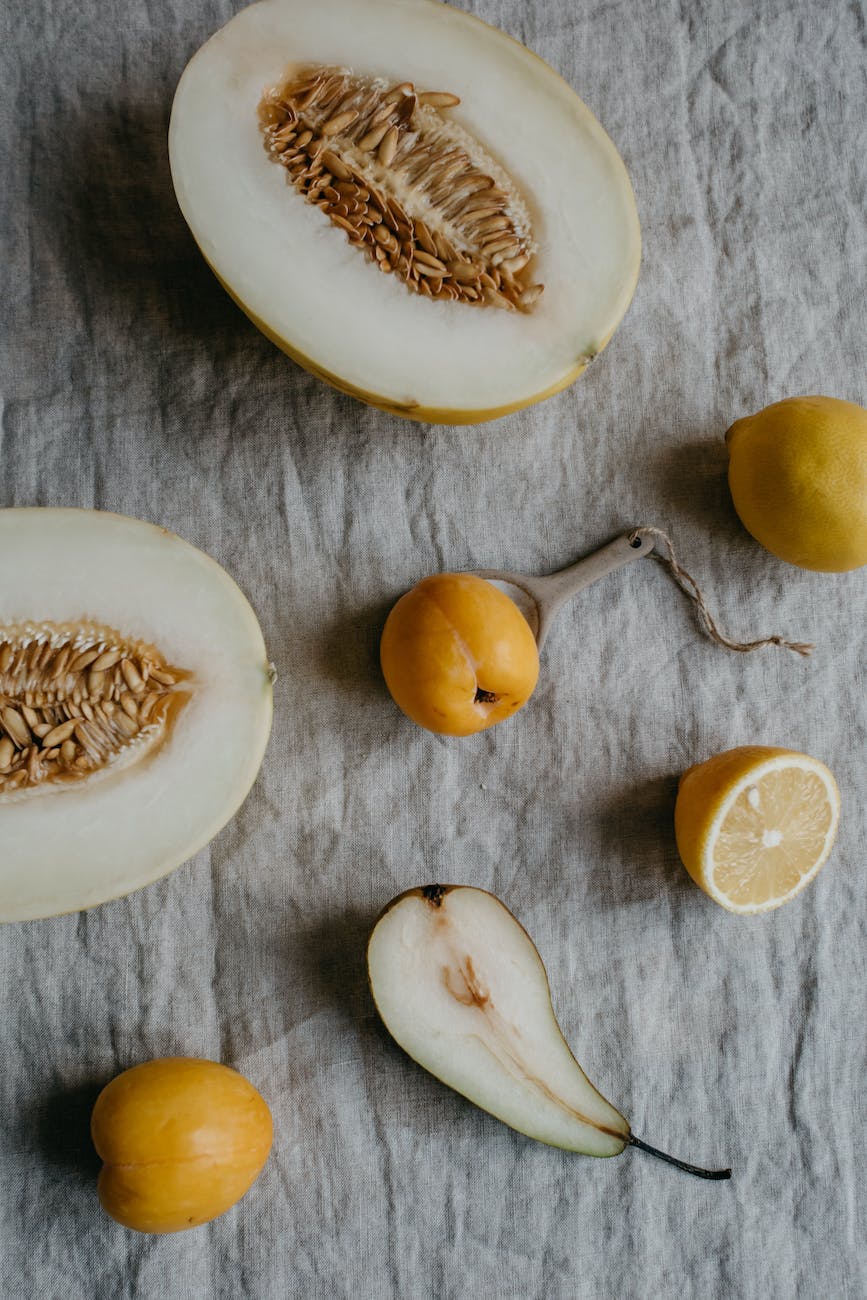
Welcoming the Night with a Healthy Bite
Pregnancy is a journey filled with unique cravings, especially those late-night munchies! But, navigating snacks, especially when avoiding sugar, can be a puzzle. Fear not! We’ve crafted a list of mouth-watering, protein-rich, sugar-free snacks perfect for satiating those nocturnal cravings. These aren’t just treats; they’re nutrient powerhouses, supporting you and your baby’s health.
The Power of Protein in Pregnancy
Protein is the building block of life, more so during pregnancy. It’s essential for the growth and development of your baby, from building cells to crafting the very DNA. A protein-rich diet keeps you fuller for longer, stabilizes blood sugar levels, and provides sustained energy – exactly what you need during pregnancy.
1. Avocado Toast with Chickpeas
- Ingredients: Ripe avocado, chickpeas, whole-grain bread, lemon, spices.
- Why It’s Great: Avocados are a nutritional powerhouse, loaded with healthy fats, fiber, and more potassium than bananas – crucial for fetal development and reducing leg cramps. Chickpeas are not only a great protein source but also rich in fiber, supporting digestive health.
- Fun Fact: Avocados are actually classified as a berry!
2. Greek Yogurt Parfait with Nuts and Berries
- Ingredients: Plain Greek yogurt, mixed berries (blueberries, strawberries), a variety of nuts (almonds, walnuts).
- Why It’s Great: Greek yogurt provides a high-quality protein, essential for your baby’s growth, and calcium for bone development. Berries are packed with antioxidants for overall health, while nuts add an extra protein punch and healthy fats for brain development.
- Nutrition Spotlight: Greek yogurt contains probiotics for gut health!
3. Cottage Cheese with Sliced Cucumber
- Ingredients: Cottage cheese, cucumber, a pinch of salt, and pepper.
- Why It’s Great: Cottage cheese is a fantastic source of protein and calcium. Pair it with hydrating cucumber for a refreshing and filling snack.
- Versatility Tip: Mix in herbs or other veggies like bell peppers for added flavor and nutrients.
4. Hard-Boiled Eggs with Spinach
- Ingredients: Eggs, fresh spinach, olive oil, lemon juice.
- Why It’s Great: Eggs are one of the best sources of choline, vital for fetal brain development. Spinach provides iron, essential for preventing anemia, and folate for healthy growth.
- Serving Suggestion: Toss spinach in a light dressing and top with sliced eggs for a nutrient-rich mini salad.
5. Almond Butter on Whole Grain Bread
- Ingredients: Whole grain bread, almond butter.
- Why It’s Great: Almond butter is rich in magnesium and healthy fats, essential for muscle health and brain development. Whole grain bread adds fiber for digestive health.
- Try This: Add thin apple slices for a crunch and a touch of natural sweetness.
Embracing a Healthy Pregnancy Night Routine
These snacks not only satisfy those late-night cravings but also contribute significantly to your daily nutritional needs. Eating right, especially at night, can positively impact your sleep quality and overall well-being during pregnancy.
Closing Thoughts
Remember, your late-night snacking can be both satisfying and nutritious. As you indulge in these protein-packed, sugar-free snacks, you’re taking a delightful step in nurturing your baby’s development and your health.
FAQs
- Can these snacks help with morning sickness? Yes, protein-rich snacks can stabilize blood sugar levels, potentially easing morning sickness symptoms.
- Are these snacks suitable for gestational diabetes? Absolutely! Being sugar-free and high in protein, they are ideal for managing blood sugar levels.
- How often can I eat these snacks? You can enjoy them as part of your regular snacking routine, especially when those late-night cravings hit.
- Are these snacks weight-gain friendly? Yes, they are nutritious and balanced, promoting healthy weight gain during pregnancy.
- Can I modify these recipes for allergies? Definitely! Feel free to substitute any ingredients based on your dietary needs and allergies.
- Are these snacks quick to prepare? Yes, they are designed to be easy and quick to prepare, perfect for busy expectant moms.
- Can I add sweeteners to these snacks? For a sugar-free diet, avoid artificial sweeteners; instead, use natural sweeteners like fruit slices or a dash of honey (if not strictly vegan).
- How do these snacks benefit my baby’s development? They are packed with essential nutrients like protein, calcium, and healthy fats, crucial for your baby’s development.
- Can I have these snacks during the day? Absolutely! These snacks are great any time of the day.
- Where can I find these ingredients? Most ingredients can be easily found in your local grocery store or health food store.
Blog Tags for the Post
pregnancy nutrition, healthy snacking, sugar-free snacks, protein-rich foods, late-night cravings, vegan options, healthy pregnancy, easy recipes, nutritious snacks, gestational diabetes diet












